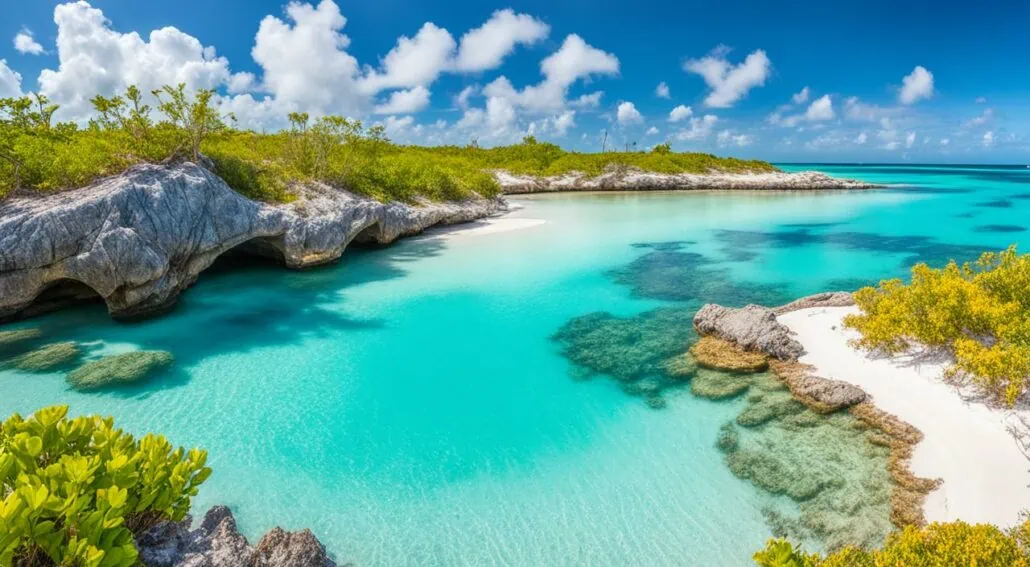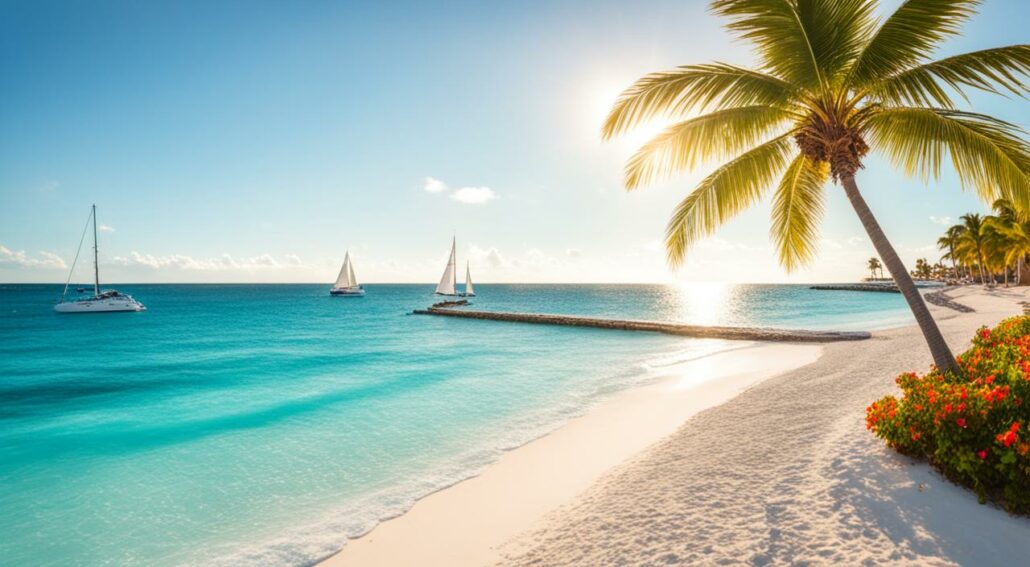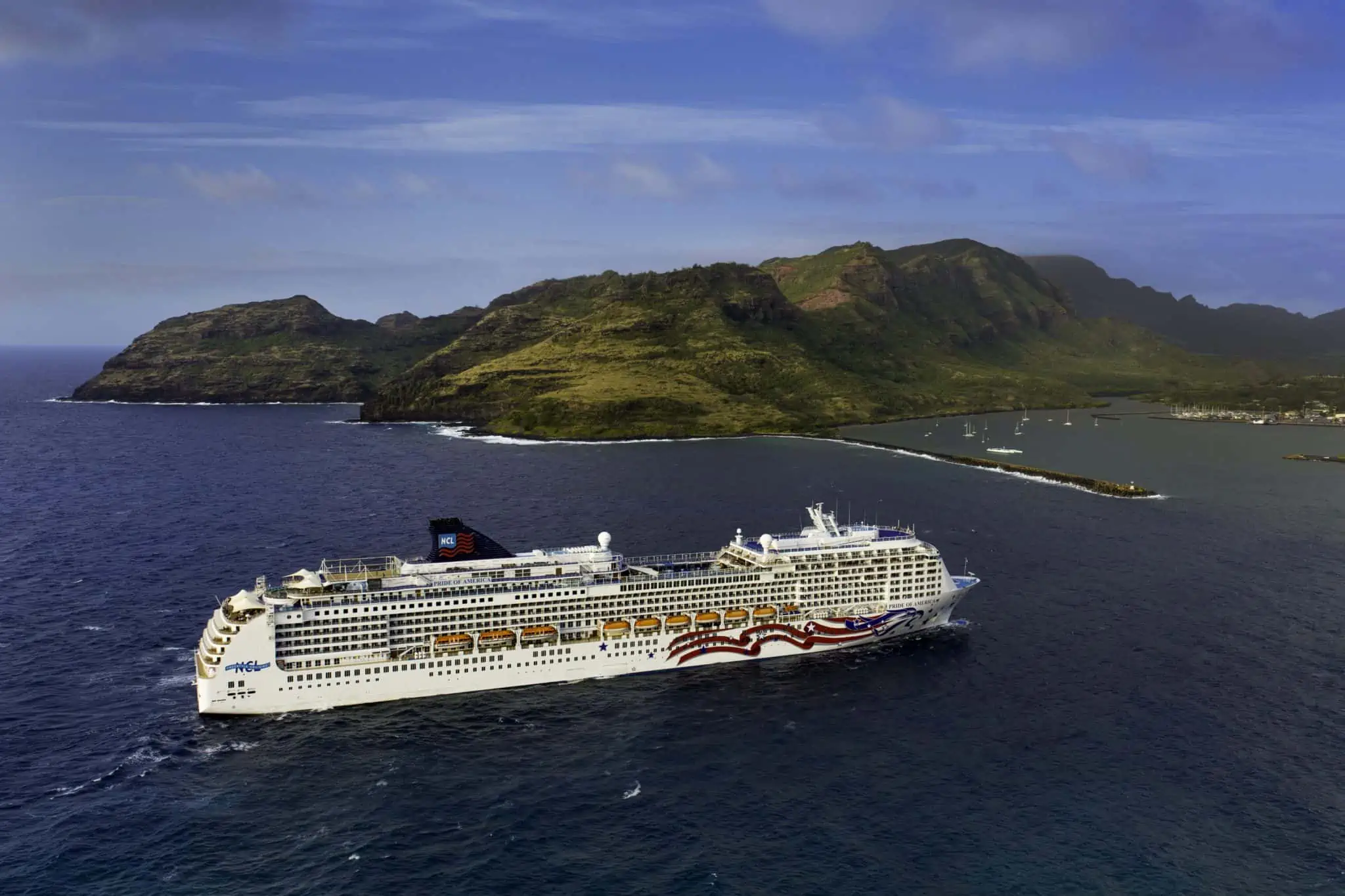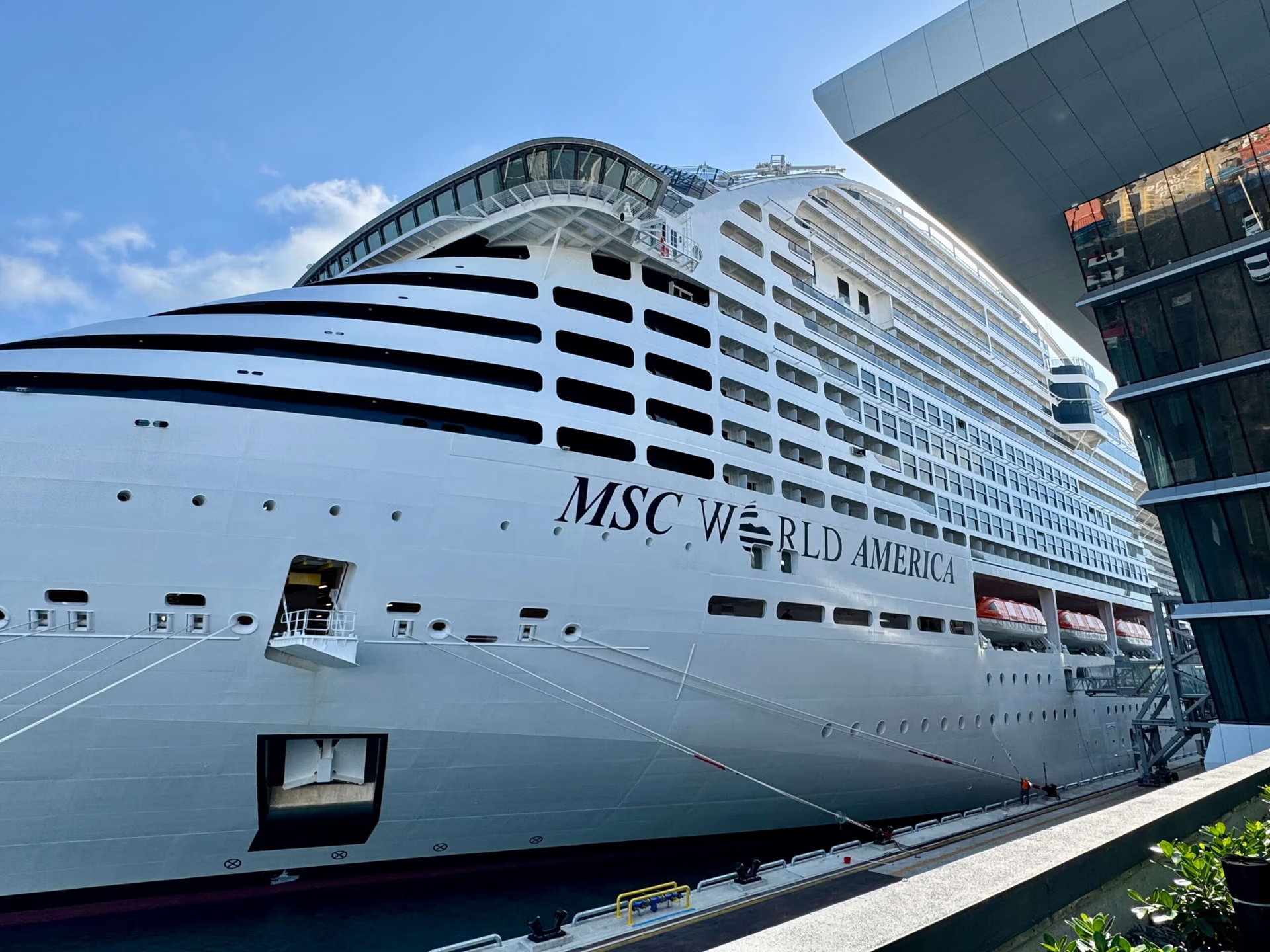In the last 9 years, cruise lines’ exclusive Bahamian destinations have been exempt from local value-added tax (VAT). However, a new and controversial tax policy is seeking to change that.

Under newly introduced guidelines, the private resorts owned by cruise lines will be made to pay the 10% tax as early as March 1, 2024.
The removal of cruise companies’ VAT-exempt status was announced by Simon Wilson, Financial Secretary of the Bahamas’ Ministry of Finance on February 5.
According to Wilson, cruise operators initially led the Bahamian government to believe that the commercial activities on their private islands were an indistinguishable extension of their packaged fares. But Wilson believes that this is no longer the case.

“It has grown significantly. The private islands are much bigger, much more diverse in their operations, and they actually compete with Bahamas-based businesses for onshore excursions,” he said. Wilson explained that charging VAT will help level the playing field.
He added that the government doesn’t know how much additional revenue would be generated by the change since these exclusive destinations haven’t been mandated to submit financial records.
Which resorts, products, and services will be affected?
Major cruise operators have built private resorts in the Bahamas, which will all be subject to VAT. These include Royal Caribbean’s Perfect Day at Coco Cay, Norwegian Cruise Line’s Great Stirrup Cay, Disney Cruise Line’s Castaway Cay and Lighthouse Point, Holland America’s Half Moon Cay, Princess Cruises’ Princess Cay, and MSC’s Ocean Cay.
The tax will be imposed on numerous transactions in these resorts, such as food and beverage, equipment rental, leases on rental spaces, spa services, recreational activities, shore excursions, cabana rentals, entrance fees from passengers, the reselling of recreational activities from Bahamian suppliers to passengers, and more.
One-month notice

The announcement has no doubt taken cruise lines by surprise. With its effective date only a few weeks away and a deadline to submit written feedback by February 16, it will be difficult for them to make necessary adjustments to their pricing and operations.
Because of the short notice, they may have to absorb the cost themselves instead of passing on the additional expense to consumers.
Multiple news outlets have tried to contact several industry representatives, but no one has agreed to comment.
The decision to start charging VAT comes at the heels of significant increases in passenger taxes which took effect last January 1.







